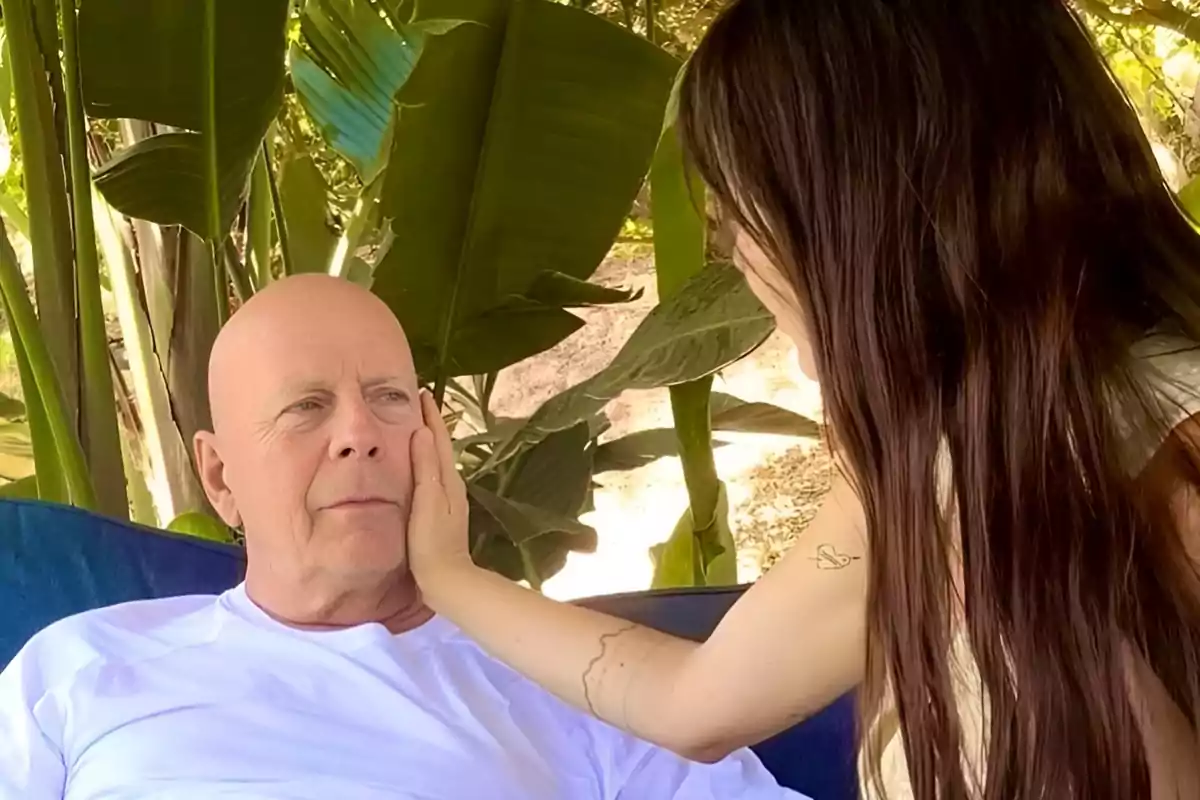
Bruce Willis's wife confirmed his decline and the difficult decision she had to make
Emma Heming explained why the actor was moved to a specialized care facility and how they are navigating this stage
Since 2023, Bruce Willis was diagnosed with frontotemporal dementia, the actor's health has deteriorated rapidly. In recent hours, his wife, Emma Heming Willis, gave a moving testimony that reveals not only the delicate present the Die Hard star is going through, but also the painful decision they had to make as a family: moving him to a specialized home with permanent medical care.
The news was confirmed in an interview for ABC News, as part of the special Emma and Bruce Willis: The Unexpected Journey, where Emma detailed that the actor no longer lives in the family home, although he remains close and supported by his loved ones. "It was one of the most difficult decisions I had to make, but I knew Bruce would have wanted that for our daughters above anything else", she said, visibly moved, during the conversation with journalist Diane Sawyer.

Emma described the new residence as "a second home", a space specially designed to accompany Bruce with the care his condition requires. There, the actor receives 24-hour care and constant professional support, in an environment adapted to his progressive loss of cognitive and motor abilities.
The choice of this place not only seeks to offer him the best possible treatment, but also to preserve a more stable emotional environment for the couple's daughters, Mabel (13) and Evelyn (11), who can visit him frequently without living daily with the complexities of the disease in its most advanced stage.

What is the actor's current routine like?
Although Bruce no longer lives under the same roof as his family, he remains an active part of their lives. Emma revealed that they organize weekly gatherings, lunches, and visits to his new home to spend time as a family. Friends and other loved ones also often visit, which—according to Emma—strengthens the actor's emotional support.
"Bruce's responses are now more subtle: a look, a smile, a gesture," she said. She added: "It's been very hard to accompany him. Bruce has difficulty communicating, but we've learned to listen with other senses, to value every moment." The family has chosen to focus on what they can still share, leaving behind the frustration that comes with the loss of communication skills.
More posts: